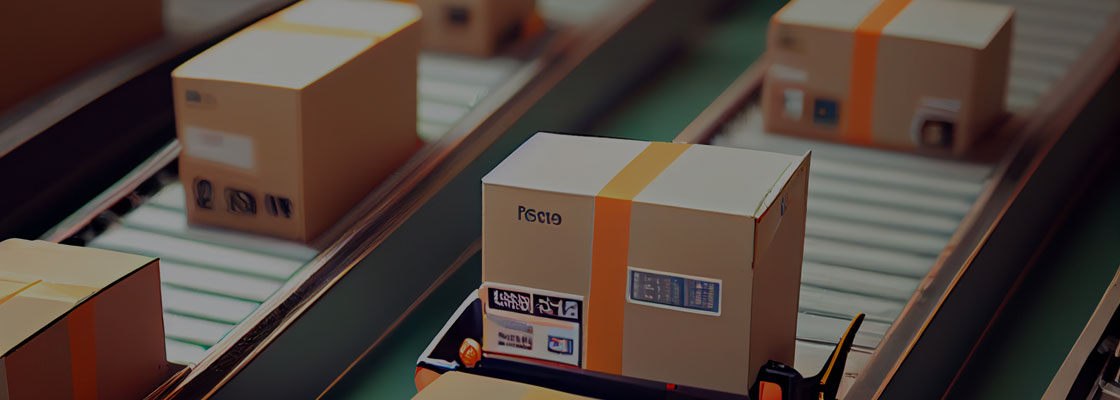Packaging, which was once thought to be a simple way to keep products safe, has undergone a remarkable transformation over the years. From traditional methods rooted in simplicity to the modern, innovative approaches of today, the evolution of packaging has been driven by a combination of technological advancements, environmental awareness, and changing consumer preferences. We will explore the journey of packaging in this blog, with a special focus on the innovative practices adopted by packaging companies in the United Arab Emirates (UAE).

In the early days, packaging was primarily functional, aiming to preserve and protect goods during transportation and storage. Materials such as glass, wood, and metal were commonly used, showcasing a reliance on durability rather than aesthetics. Even while they worked well, traditional packaging methods lacked the sustainability considerations that have become crucial in the contemporary era.
The turn of the 20th century marked a shift towards more sophisticated packaging techniques. The invention of plastics and other synthetic materials allowed for greater customization, affordability, and versatility in packaging. The business was completely transformed by plastic in particular because of its lightweight and moldable qualities. However, this shift also brought about environmental concerns, leading to the rise of sustainable packaging practices.
In recent years, there has been a growing awareness of the environmental impact of packaging materials. This has led to a change in favor of environmentally friendly packaging options that minimize waste and carbon emissions. Packaging companies worldwide, including those in the UAE, have embraced eco-friendly alternatives such as biodegradable plastics, recycled materials, and innovative designs that minimize the use of resources.
The UAE, a hub of innovation and progress, has not lagged behind in adopting modern and sustainable packaging practices. Several regional companies are at the forefront of this transformation, aligning their strategies with global sustainability goals. One such notable company is EcoPack, which focuses on offering environmentally friendly packaging options. They have introduced innovative materials like biodegradable plastics and compostable packaging, catering to the growing demand for sustainable choices in the market. By adopting these cutting-edge strategies, EcoPack helps to lessen its environmental effect while simultaneously meeting consumer expectations.
Advancements in technology have played a pivotal role in shaping modern packaging practices. Smart packaging, for instance, involves the incorporation of sensors and other technologies to enhance the functionality of packaging beyond mere protection. This integration enables features such as real-time tracking, temperature control, and interactive consumer experiences, adding value to both businesses and consumers.
In addition to technological innovations, the digitalization of the packaging industry has streamlined processes and enhanced efficiency. For example, digital printing enables smaller production runs and more elaborate and customized designs while cutting waste. This satisfies the need for distinctive packaging while adhering to sustainability principles.
The evolution of packaging from traditional to modern approaches is a testament to the dynamic nature of the industry. As consumers become more conscious of the environmental impact of their choices, packaging companies are compelled to adapt and innovate. Moving forward, the industry will likely continue evolving, driven by technological advancements, consumer preferences, and an unwavering commitment to a greener and more sustainable future.